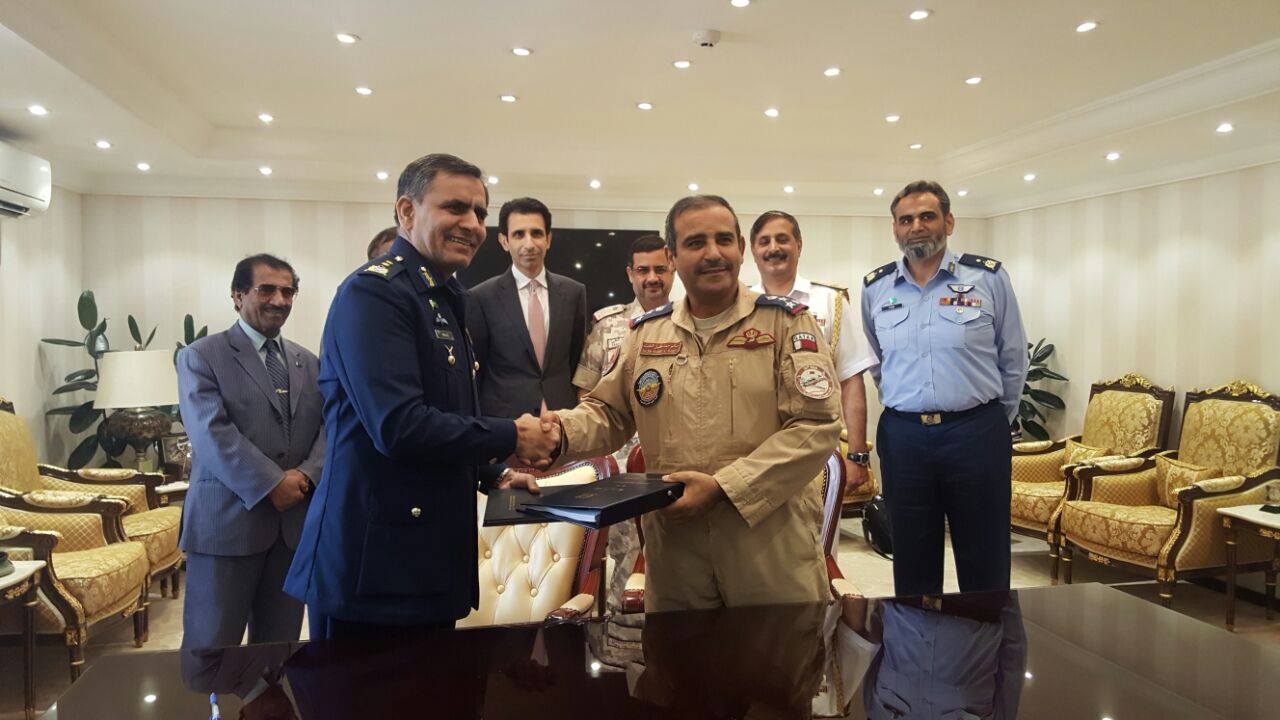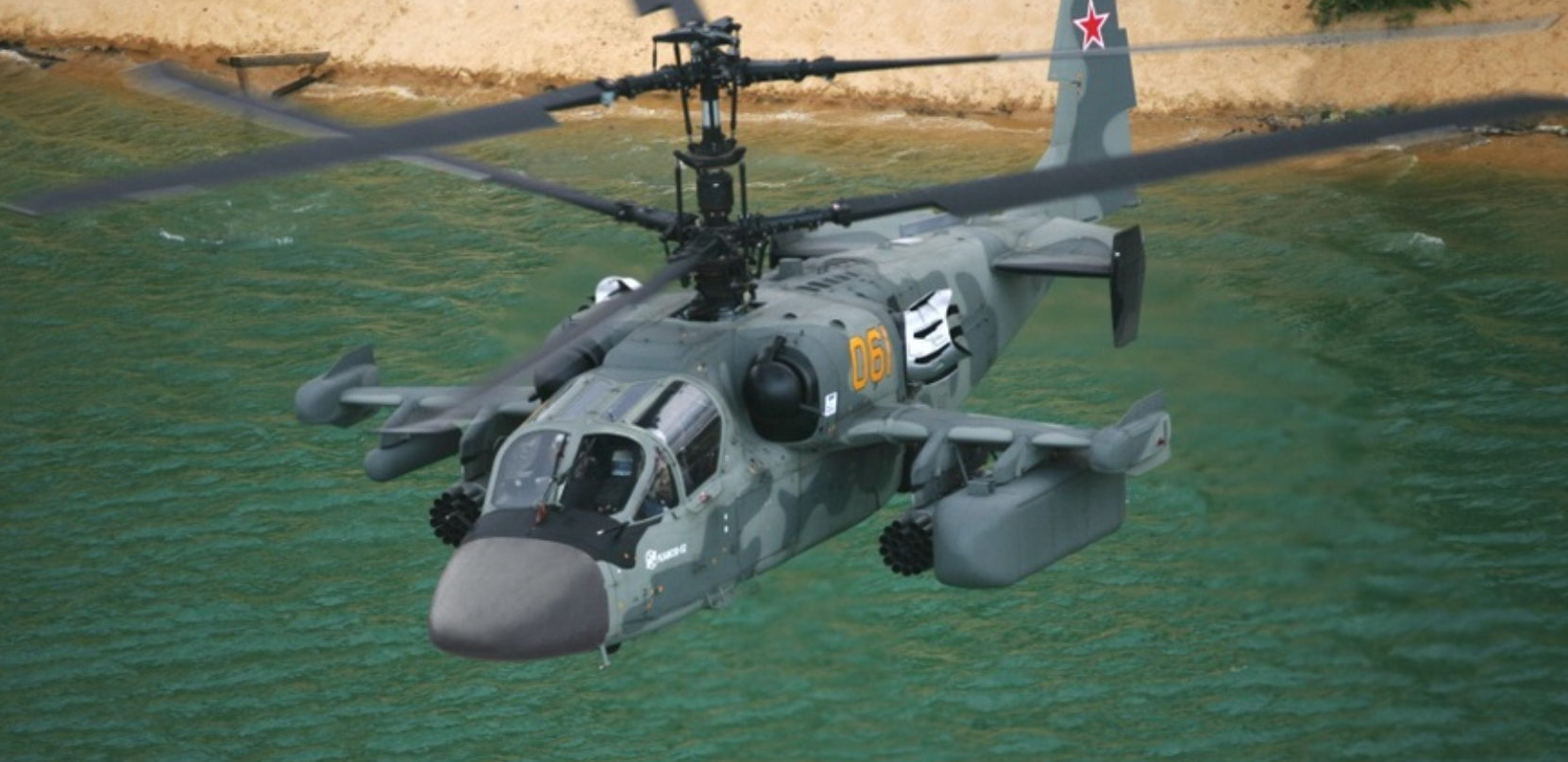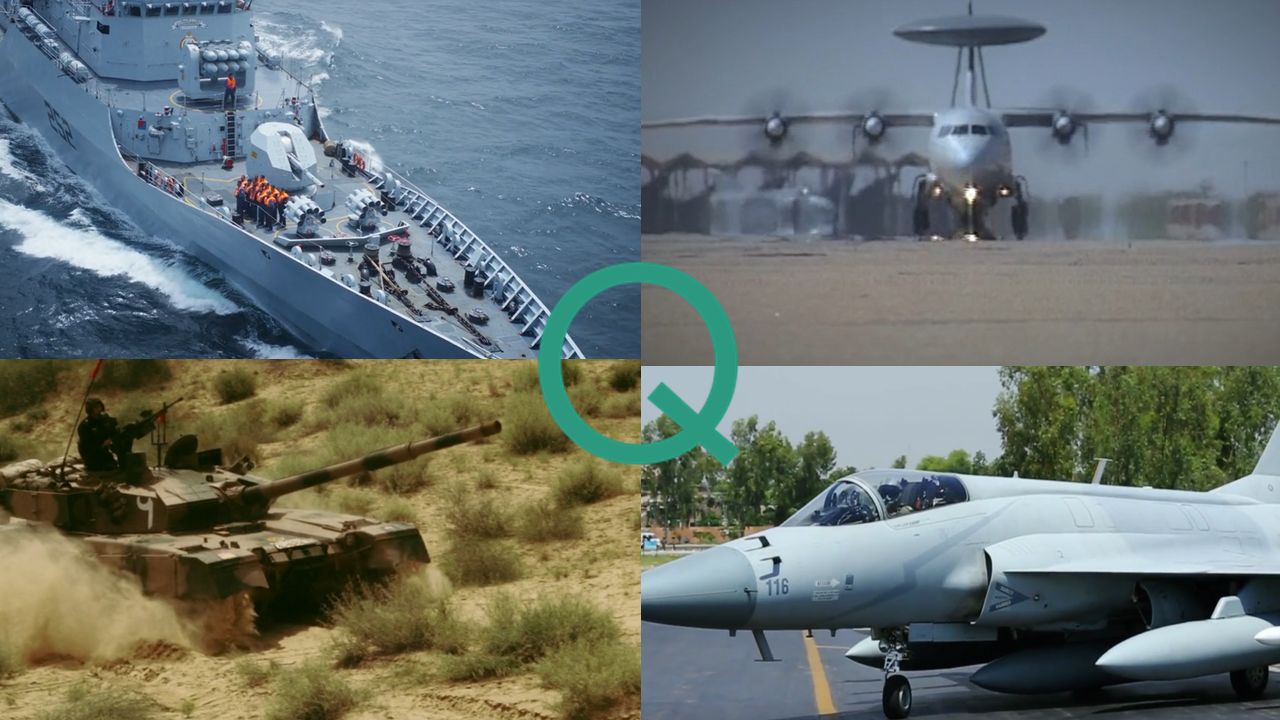2485Views 1Comment

This Week in Review: For Pakistan, Partnerships Matter
Every Sunday, Quwa will close the week’s news with a review and analysis with the aim to tie together several topics into broader themes. It is an opportunity to reflect upon and discuss issues in a way where key trends are identified and individual news topics are connected into a “bigger picture.”
Upgrades, improvements and relationships on Pakistan’s roadmap
Funding constraints are not a new story with Pakistan. Between developmental challenges to corruption, the volatility in fiscal power has stunted programs in the past, and has made promising initiatives for the future needlessly uncertain. This is not an easy burden to lift, but Pakistan’s defence planners have sought to address the problem in important respects, such as expanding the domestic supply chain and in building relationships with overseas partners. This past week has offered a few glimpses of the latter.
Drawing upon its strong defence ties with China, Pakistan is on track to expanding its drone fleet through the procurement of a medium altitude long-endurance (MALE) unmanned aerial vehicle (UAV). Last week, wreckage from a drone crash confirmed that Pakistan was examining the Chengdu Aircraft Industry Group (CAIG) Wing Loong. Whether Pakistan would settle with the Wing Loong over the CH-4B (produced by a rival Chinese firm known as China Aerospace Science and Technology Corporation) is another discussion, but it is difficult to understate the importance of Pakistan’s relationship with China.
Pakistan has sought armed UAVs from the U.S. and other sources, but in the end, it was China that rose to the occasion. Granted, these drones are available to a number of other countries, including those in the Middle East, but this does not change the reality that Pakistan depends on China for sensitive high-tech weapon systems that it cannot conceivably acquire from the West. As India pursues General Atomics Reapers, Pakistan will be keeping an eye on larger Chinese drones. The weight of the capabilities that could be on offer multiply when one factors in the BeiDou Navigation Satellite System (BDS), which could enable Pakistan to use long-range and long-endurance UAVs with over-the-horizon (OTH) connectivity.
Pakistan is also drawing upon newer – but increasingly strong – relationships, such as Turkey. Consider the Aselsan ASELPOD advanced targeting pod, which is being sold to the Pakistan Air Force (PAF) for use on the JF-17 Thunder. With the ASELPOD, the PAF is securing a pod that should be a qualitatively strong product, but without the typical strings of having to source munitions from the same source, or being beset with unreasonably high integration and support costs.
The Pakistan Navy – which seems to have returned as a primary funding recipient – selected STM, a Turkish shipbuilding contractor, to implement an upgrade for its Agosta 90B submarines. DCNS was the original designer and manufacturer of the submarines, but the French shipbuilder apparently lost out on its Turkish counterpart on cost and product offering. It is possible that the Agosta 90B will be equipped with a number of the subsystems slotted for the Type 214TN.
Turkey is essentially emerging as a source of Western technology. The fact that Turkey has been able to produce a higher proportion of the technology in-house (via transfer-of-technology, licensed production, and domestic research and development) has made it into a source for equipment that Pakistan would have trouble acquiring from the likes of the U.S. or France. The costs – while not low – seem to sit on the competitive side as well. It will be worth seeing how Turkey’s involvement in Pakistan’s defence programs expands, especially in regards to the JF-17 or the Navy’s interest in the MILGEM warship platform.
There are unchartered waters as well. The Pakistan Army Chief of Army Staff General Raheel Sharif made an official visit to the Czech Republic. While some will be familiar with Česká Zbrojovka and its BREN-series of assault rifles, the country is also a producer of military trucks and sophisticated electronic support measures (ESM) equipment. Pakistan is also reportedly looking to buy a “large number” of AK-103 assault rifles from Russia, a small – but important – step to building ties with Moscow. To what extent either avenue grows is up for debate, but that does not mean Pakistan should ignore the potential.



1 Comment
by Abdul Rashid
It will be interesting to see how Pakistan’s defence ties with Turkey pan out in the coming years. My concern is mainly with non-Turkish Western technology found in Turkish systems. It seems a little too convenient for Pakistan to be able to acquire all it needs and can afford from Turkey without some of these other Western powers throwing a spanner in the works. I hope my fears are ill-founded. Time will tell.